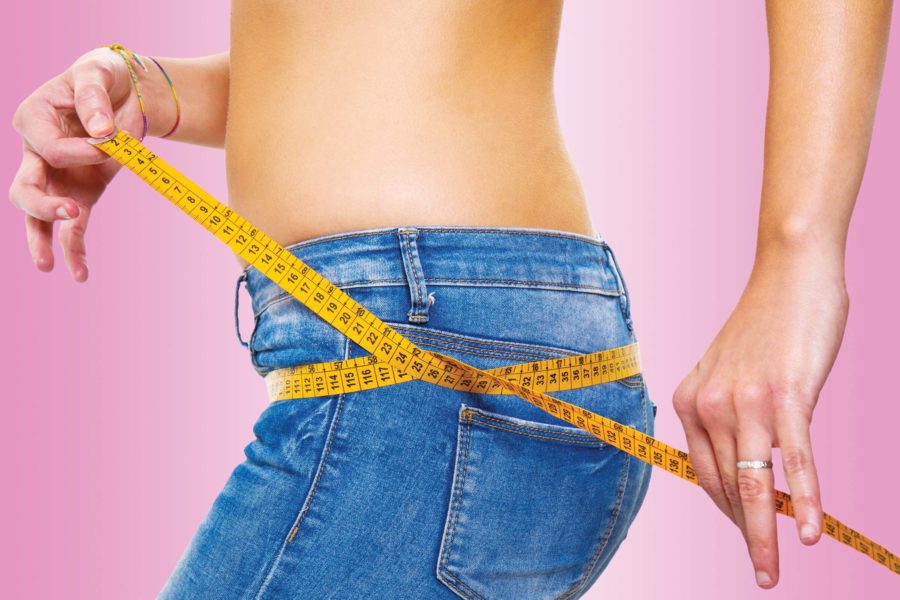There are few other words that conjure as much dread as does the word “diet.”
“Diet” often means having to restrict and deprive ourselves of what we want to eat, like potato chips and sugary sweets. But, intermittent fasting, some would argue, isn’t a fad; it’s a form of healthy lifestyle.
Come along with us as we dive into four popular types of fasting diets and see if and how they’re healthy and effective.
The Juice Fast
This fasting method involves drinking the pure juice of vegetables and fruits, freshly made at home—not to be confused with smoothies—for a number of days, instead of eating meals.
Nutrition coach Andi Wolfgang says the safest way to try this method is for two days out of the week. You would then eat normally during the remainder of the week. Juice fasting serves as a cleanse for your body, she says, but you would have to check with your doctor to make sure you’re not deficient in any vitamins and nutrients.
Registered dietician and creator of Better is the New Perfect blog, Liz Ward disagrees. She suggests any sort of juice fast is extreme, because “your body needs nutrients all the time, especially protein,” and you might not be getting enough during those two days. It’s not ideal to deprive your body of its basic needs and “have to borrow nutrients like protein from your lean tissue—possibly your organs—to feed the body,” she says.
The 5:2 Diet
Like the juice fast, the 5:2 diet encourages eating normally for five days out of the week. On the other two (non-consecutive) days, you would restrict your calorie intake to 500 to 600 calories.
Ward says this is an acceptable form of intermittent fasting, although it doesn’t mean your other five days are “cheat” days, just because you’re restricting yourself on the other days. “It doesn’t mean you should go eat at Burger King the next day. [You should] continuously eat a healthy diet of fruits, vegetables, whole grains and lean proteins.”
The 16/8 Method
Perhaps the most reasonable form of fasting, according to Ward, is the 16/8 method. You’ve probably heard of it, and even practiced it, without even realizing you were doing so.
This fasting method dictates that you consume all of your day’s food within an eight-hour period. For the remaining 16 hours, you refrain from eating and drinking, which isn’t too hard because you would sleep, theoretically, for at least half of that time frame.
“If you don’t eat a late dinner or early breakfast, or if you eat three meals during a shorter period of time, your body will make adjustments, and you won’t necessarily feel hungry during those fasting times,” says Wolfgang.
The safest way to do this is to begin gradually by fasting for just eight hours at a time, working your way up to 12 and then 16 hours. During fasting times, you can drink water, and you should drink a lot of it between meals.
The 16/8 method is not without additional benefits. If you finish eating by 5 p.m. and don’t eat again until 8 a.m. the next morning, “You will probably sleep more deeply because digestion puts a lot strain on the body,” explains Wolfgang. “You will most likely notice more energy, mental clarity, and, even, improved mood during the day.” Because again, digestion drains the body of energy.
Other observed benefits of time-restricted fasting, include weight loss and lowered blood pressure.

Eat-Stop-Eat Fast
The Eat-Stop-Eat method is probably the most difficult and least sustainable fast, because you go for whole 24-hour stretches without eating solid foods, once or twice per week. This might involve fasting from breakfast to breakfast or lunch to lunch.
Again, Ward expresses concern about people “starving themselves one day and treating the next day like a free-for-all.”
It is not healthy depriving the body of necessary nutrients on a regular basis, because one part of the body usually resorts to borrowing nutrients from other parts of the body, which can result, in extreme cases, in failed organs.
Typically, it’s beneficial for you to cut back on food during night hours, according to Ward. But, before considering trying a fast, especially if you’re a child, a pregnant or breastfeeding woman, a person with eating disorders, diabetes or any other chronic conditions, you should consult with your doctor first before making any changes to your diet.



 3 min read
3 min read


